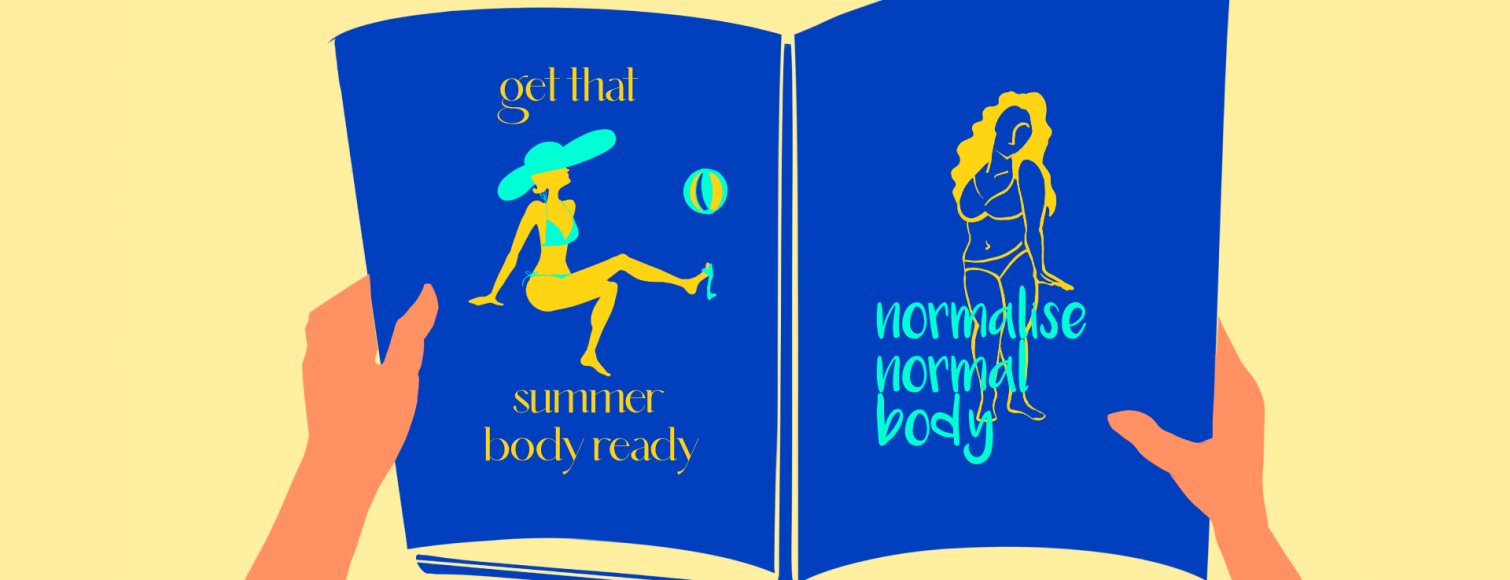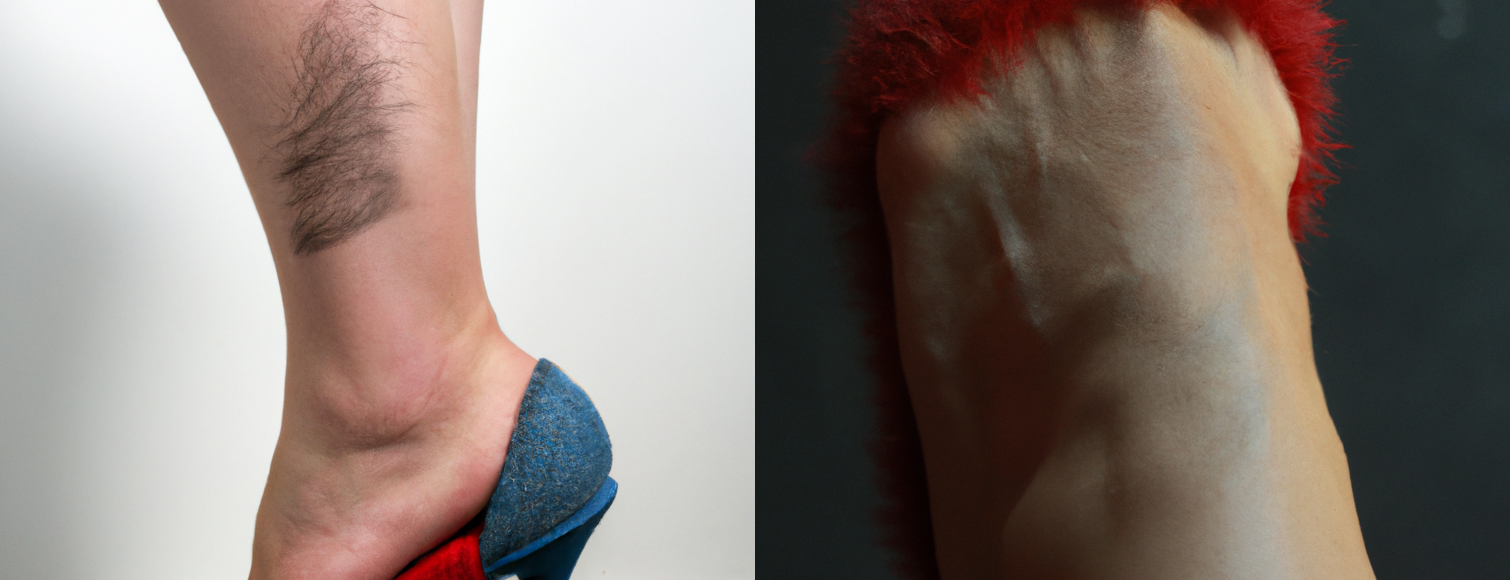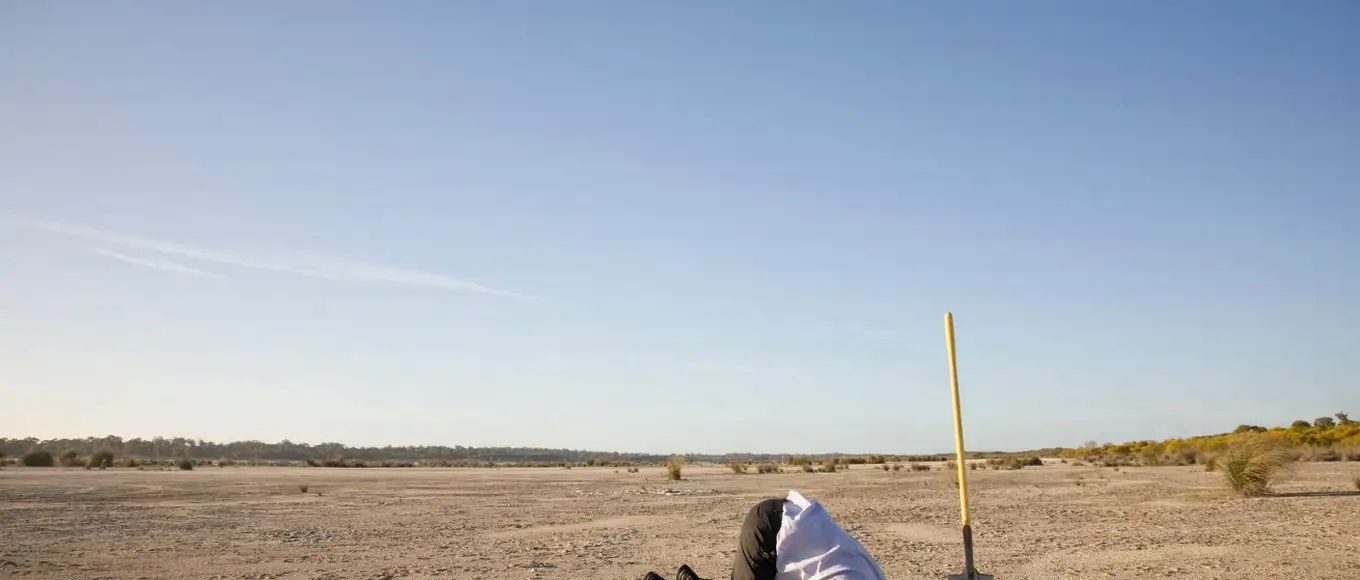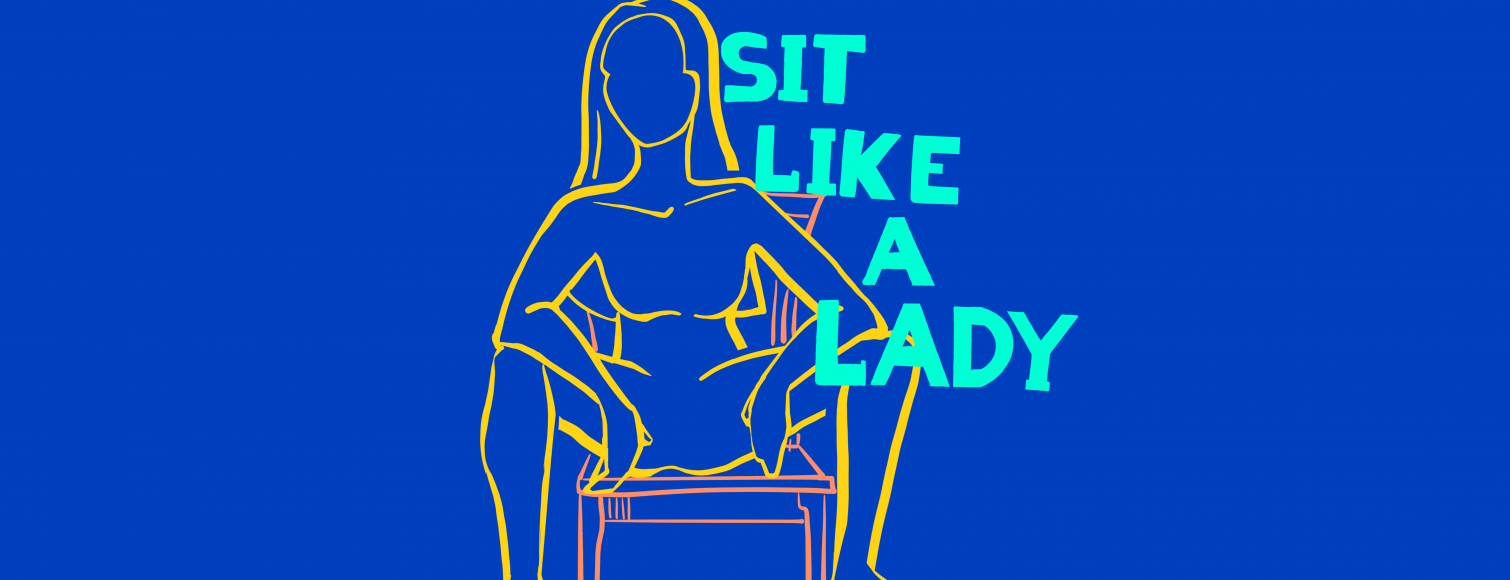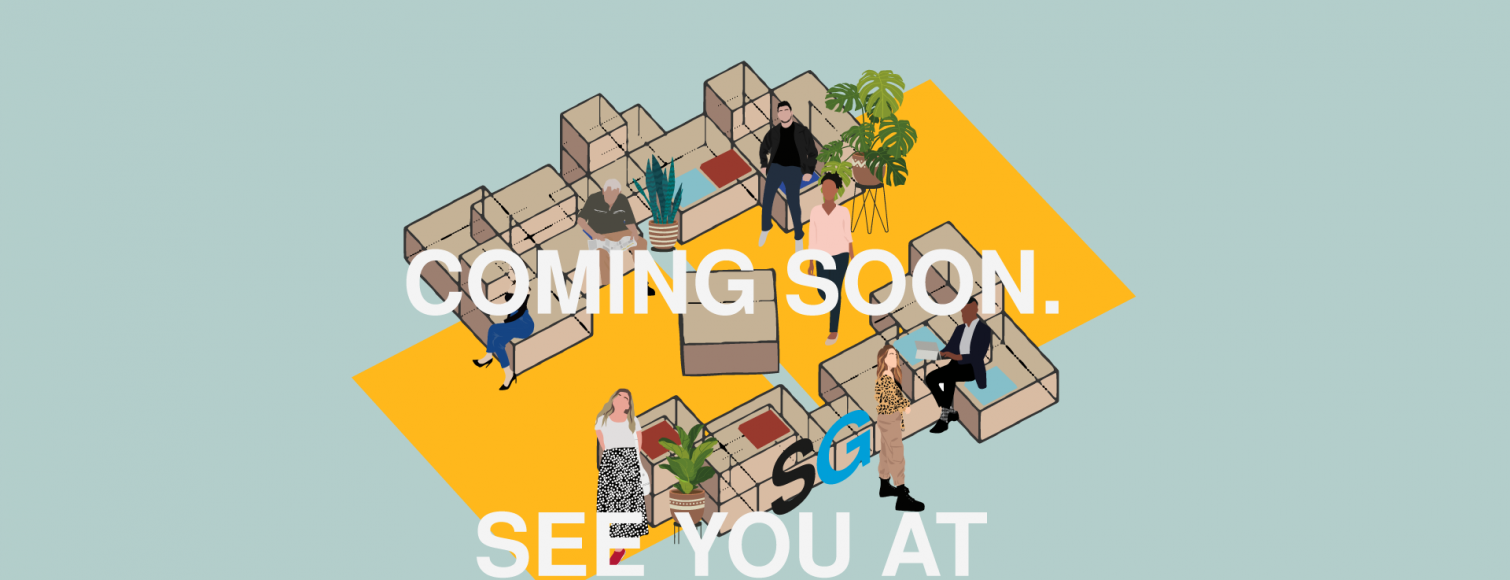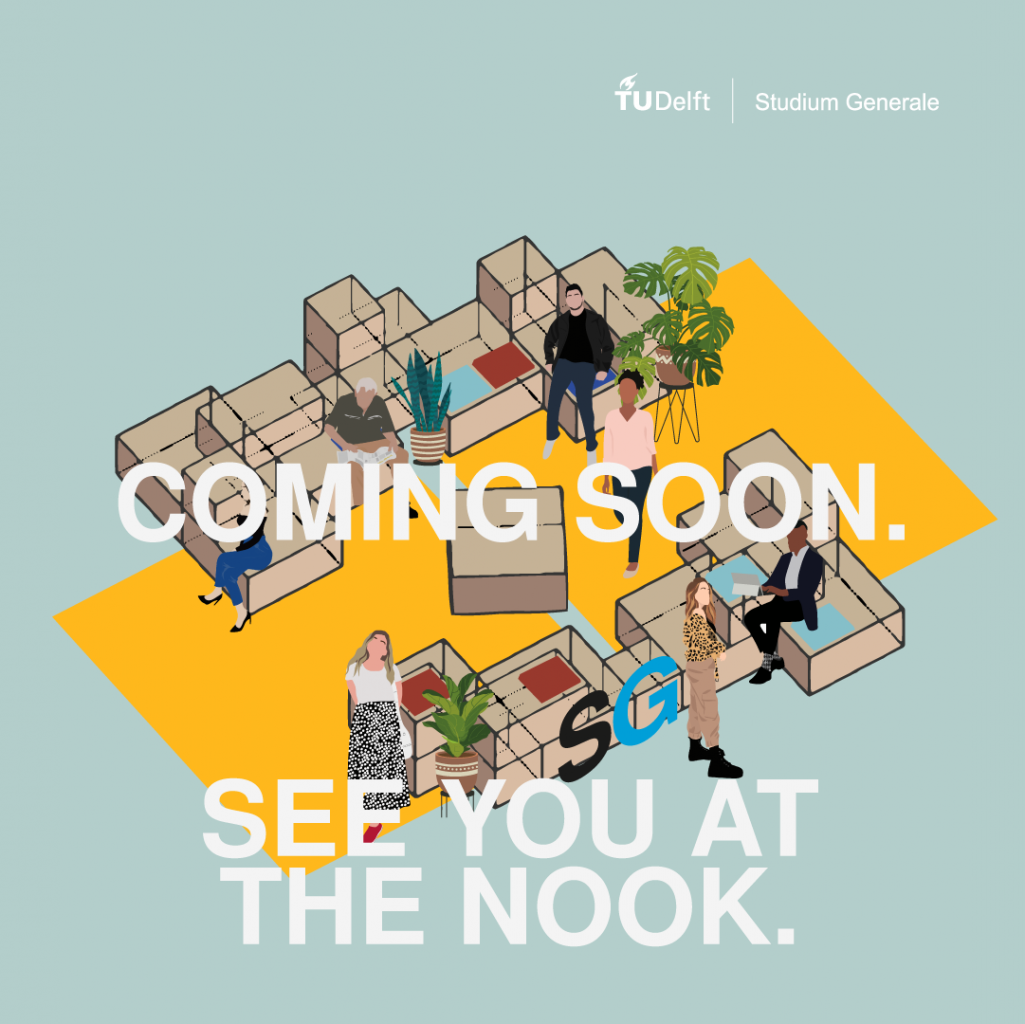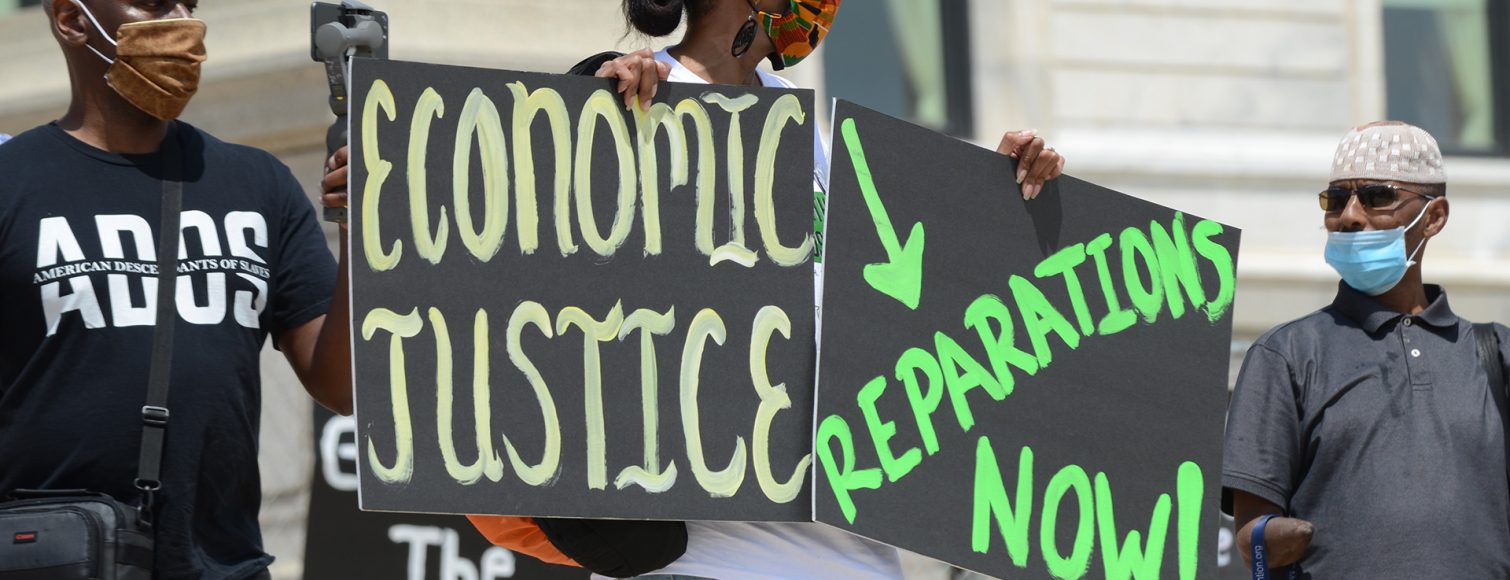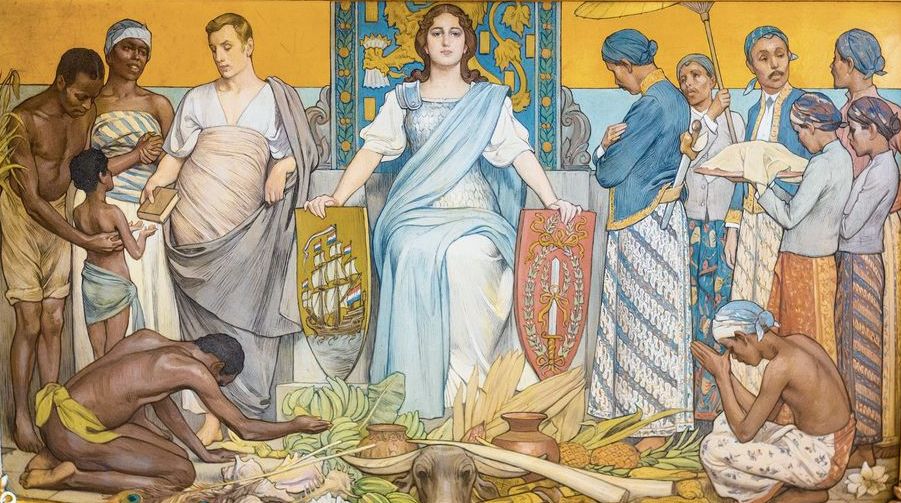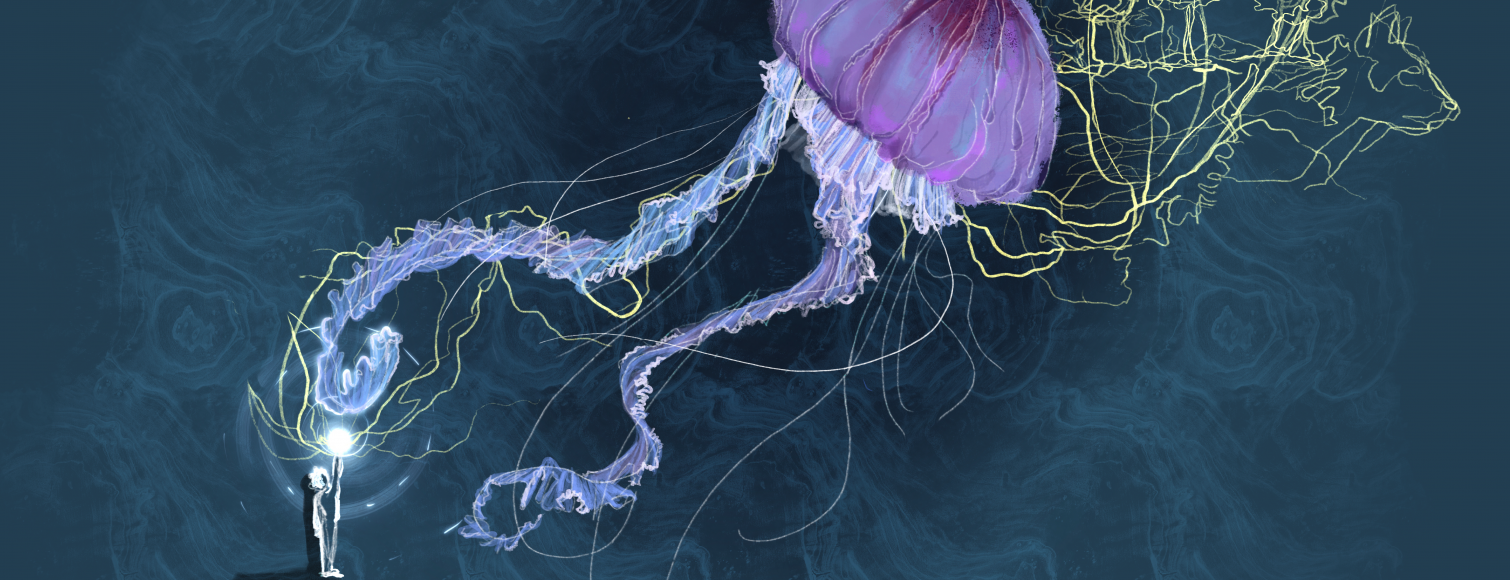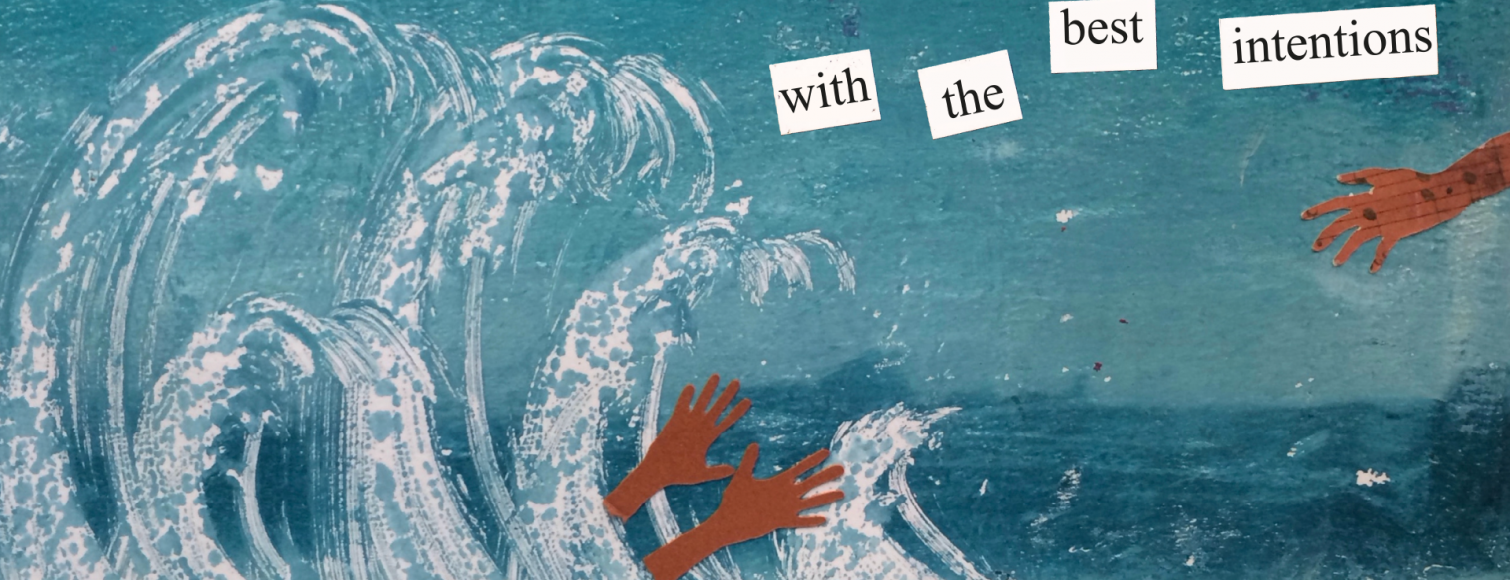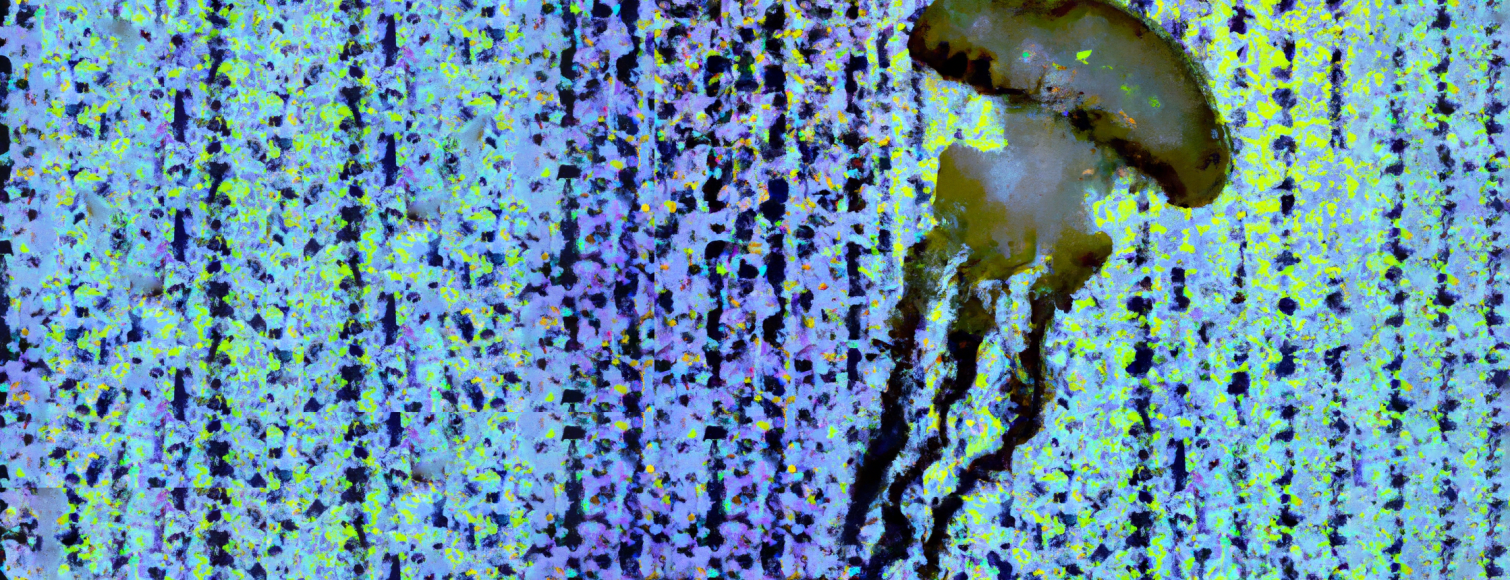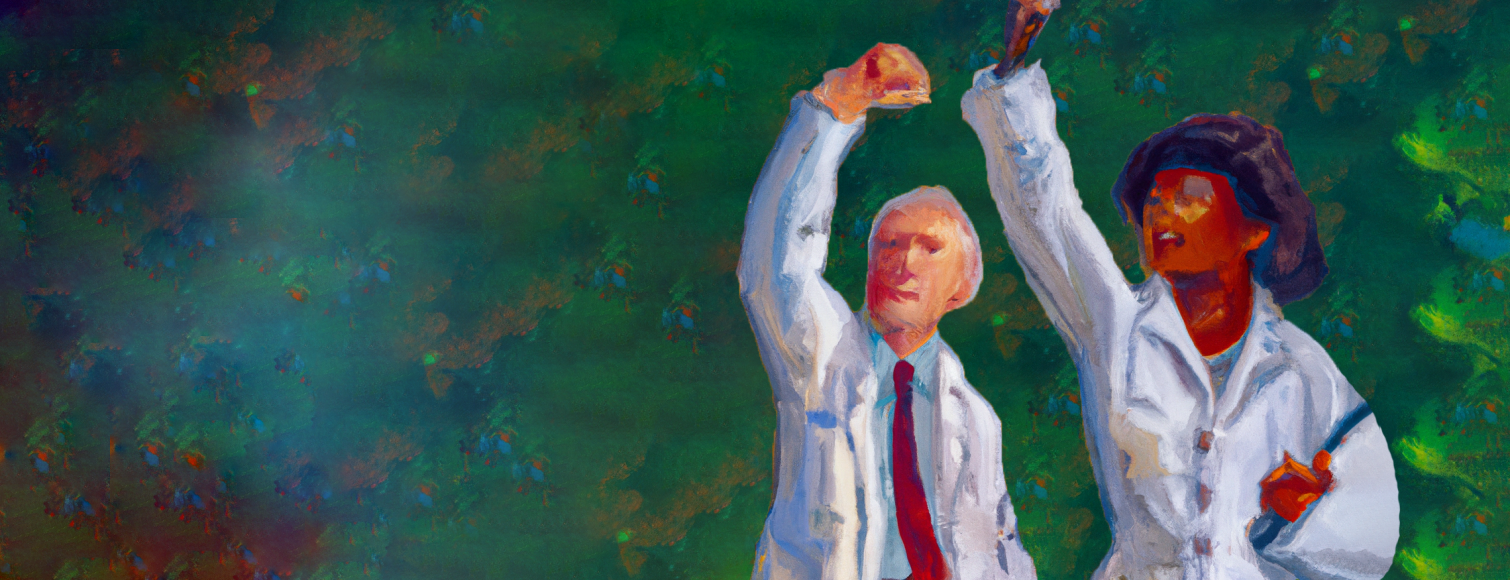Caught between climate denialism and doomism, is there a way out?
Written by Sara Vermeulen, originally published on September 29, 2022, images created by craiyon.com
Should I stop watering the garden in dry summers? Can I take the car to go to the supermarket when it rains? But also, much more pressing: should we consider relocating to avoid flood risk? Should we save up for buying a rainwater harvesting tank or invest in growing more drought resilience crops? Do my actions actually make a difference or are we just doomed to go extinct anyway and should we not bother anymore?
Climate change is making people increasingly doubt everyday actions and contributes to growing moral disruption. Although the character of this moral disruption is quite different in the Global North than in the Global South, the main focus here is to address and explain uncertainty and moral disruption in relation to climate adaptation more broadly.
Moral disruption
Moral disruption is a relatively new concept within Philosophy of Technology and is usually discussed in relation to developments in fields such as AI, biotechnology or high-tech materials. It has only recently been discussed in relation to climate change and has so far been underexposed. But clearly, we can speak of moral disruption as a result of energy technologies in the fossil fuel industry. After all it has become clear that we need alternatives to petrol, coal, and gas. More and more people suffer from flight shame. At the same time, energy transition has only just begun and the infrastructure of renewable energy sources is not yet fully developed. People expect security and reliability, even when they travel by electric car to the south of France for their summer holiday.
I believe the notion of moral disruption deserves more attention in the context of climate change, because this type of disruption can help us understand changing values and to find new action perspectives and clues for revised and renewed responsibility arrangements. To do so, I will first show how moral doubt can lead to denialism and doomism, two patterns of behavior that usually lead to inaction, which is the opposite of what is needed to tackle the climate crisis.

Photo by Stormseeker on Unsplash
Climate change denial
Climate change denial is the dismissal, or unjustified doubt that contradicts the scientific consensus on global warming. This includes the extent to which climate change is caused by humans, the effects of rising temperatures on nature and human society, or the potential for human adaptation to global warming. People who deny, ignore, or have unreasonable doubts about the scientific consensus on anthropogenic global warming often self-identify as ‘climate change skeptics’, which some experts have pointed out is an inaccurate description[1]. Denial of climate change can also be implicit when people or societal groups acknowledge the science but fail to accept it or turn their acceptance into action. Several social science studies have classified these beliefs as denialism, pseudoscience, or propaganda.
Climate change denial is the dismissal, or unjustified doubt that contradicts the scientific consensus on global warming.
Climate doomism
Fueled by the climate denial machine, denialism has been rather dominant and rigid over the last few decades[2]. However, as the impacts of the climate crisis have become harder to ignore, the doomists seem to be taking over the floor. In 2018, Jacquelyn Gill, a climate scientist at the University of Maine, noted fewer people telling her climate change isn’t happening and more those, that are now termed doomers, who believe that nothing can be done. Climate doomism is the false belief that we have passed the point where we can do anything about global warming and that humanity is doomed to become extinct. Although incorrect, the debate is gaining traction online.
Climate doomism is the false belief that we have passed the point where we can do anything about global warming and that humanity is doomed to become extinct.
In some ways, it has been argued, doomism is more harmful than denialism. Micheal Mann, one of the world’s most influential climate scientist working at Pennsylvania State University, said in an interview with The Guardian that: ‘as a threat and a tactic, doomsaying has surpassed denial. Inactivists understand that if people believe there is nothing they can do, they will become disengaged. By giving up, they unknowingly serve the interests of fossil fuel companies’. While Mann et al. (2017) suggested that too negative depictions of climate change can be discouraging for taking climate action, Christensen (2017) explained how climate doom and gloom narratives can be effective if messages also incorporate examples of individuals taking action.[3]
Now, back to moral disruption. The term was originally coined by Robert Baker in 2013 when he wrote that: ‘moral disruption is a process in which technological innovations undermine established moral norms without clearly leading to a new set of norms’ [4]. Nickel et al. point out that moral disruption is known for two phenomena of special relevance: moral uncertainty and moral inquiry [5]. They further describe that moral uncertainty is usually seen as unpleasant, harmful, and weakening of moral agency, and therefore it is said to contain the seeds of disruption. Uncertainty usually begins at the individual level, but it can also spread to a group, such as practitioners, when they are unsure on what values to apply or how to apply them.

Image by newsroom.unsw.edu.au via Shutterstock
Furthermore, uncertainty undercuts common sense justifications for action, such as the everyday ways in which individuals and groups benefit from and contribute to existing social and material arrangements. When it comes to moral inquiry, the social community as a whole engages in contradictory and occasionally antagonistic discourse, displaying a collective uncertainty regarding moral values, principles, and judgments. It is exactly this antagonistic discourse and collective uncertainty regarding moral values that lies at the heart of moral disruption in climate change action.
Taebi et al. state that the climate crisis is disrupting life as we know it and potentially leading to complex cases of normative uncertainties [6]. They describe four types of normative uncertainty, namely evolutionary uncertainty, theoretical uncertainty, conceptual uncertainty and epistemic uncertainty. Thinking back about doomism, I want to suggest that there is a fifth type of uncertainty, namely is existential uncertainty. When it comes to climate change, I think existential uncertainty overshadows the four types of uncertainty mentioned earlier. Existential uncertainty can make us doubt whether it even makes a difference what we do if there is a good chance that it all doesn’t matter much anymore. Doomism, in that sense, is a manifestation of existential uncertainty.
Higher degrees of certainty is not what is going to get us out of inertia. The ability to act in the face of uncertainty, on the other hand, will.
To conclude, I would like to argue that higher degrees of certainty is not what is going to get us out of inertia. The ability to act in the face of uncertainty, on the other hand, will. Despite changing values, a lack of theoretical knowledge, shifting conceptions, and epistemic ambiguity, it is always possible to act in accordance with one’s best knowledge. To that end, we need to focus on strengthening technomoral virtues, such as courage, flexibility and relational understanding in the context of climate action [7]. But we can only do so if we become aware that climate change comes with moral disruption and we are willing to explore how we want to respond to that.
References
- Björnberg, K.E.; Karlsson, M.; Gilek, M.; Hansson, S.O. Climate and environmental science denial: A review of the scientific literature published in 1990–2015. J. Clean. Prod. 2017, 167, 229–241, doi:10.1016/j.jclepro.2017.08.066.
- Dunlap, R.E. Climate Change Skepticism and Denial: An Introduction. Am. Behav. Sci. 2013, 57, 691–698, doi:10.1177/0002764213477097.
- Ettinger, J.; Walton, P.; Painter, J.; DiBlasi, T. Climate of hope or doom and gloom? Testing the climate change hope vs. fear communications debate through online videos. Clim. Change 2021, 164, 1–19, doi:10.1007/s10584-021-02975-8.
- Nickel, P.J. Disruptive Innovation and Moral Uncertainty. Nanoethics 2020, 14, 259–269, doi:10.1007/s11569-020-00375-3.
- Nickel, P.J.; Kudina, O.; van de Poel, I. Moral Uncertainty in Technomoral Change: Bridging the Explanatory Gap. Perspect. Sci. 2022, 30, 260–283, doi:10.1162/posc_a_00414.
- Taebi, B.; Kwakkel, J.H.; Kermisch, C. Governing climate risks in the face of normative uncertainties. Wiley Interdiscip. Rev. Clim. Chang. 2020, 11, 1–11, doi:10.1002/wcc.666.
- Vallor, S. Technology and the Virtues: A Philosophical Guide to a Future worth Wanting; Oxford University Press, 2016; ISBN 9788490225370.
